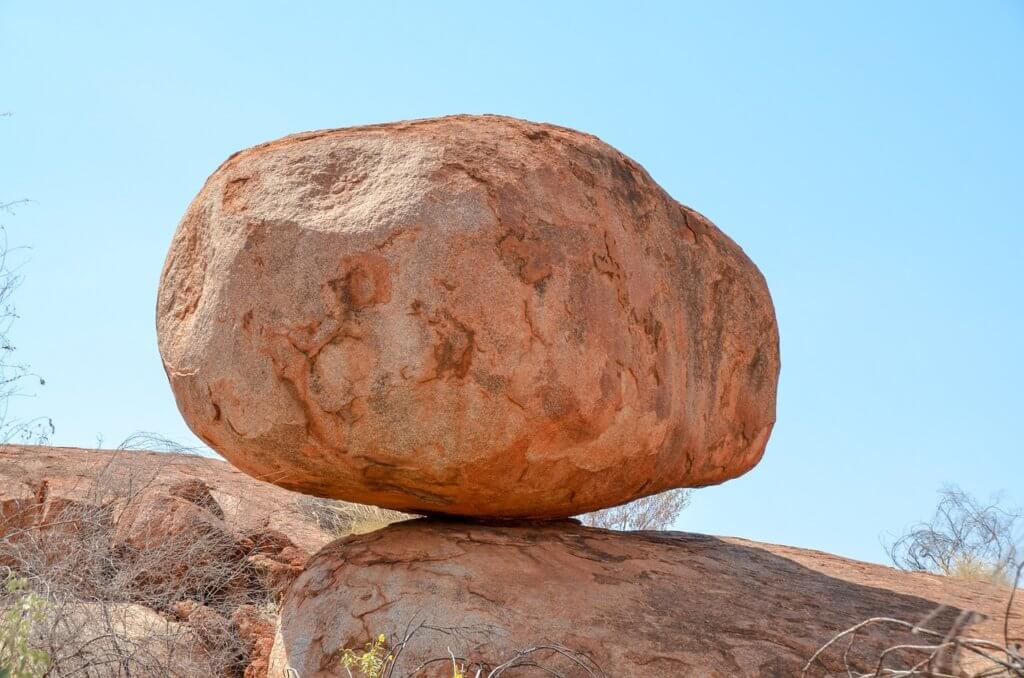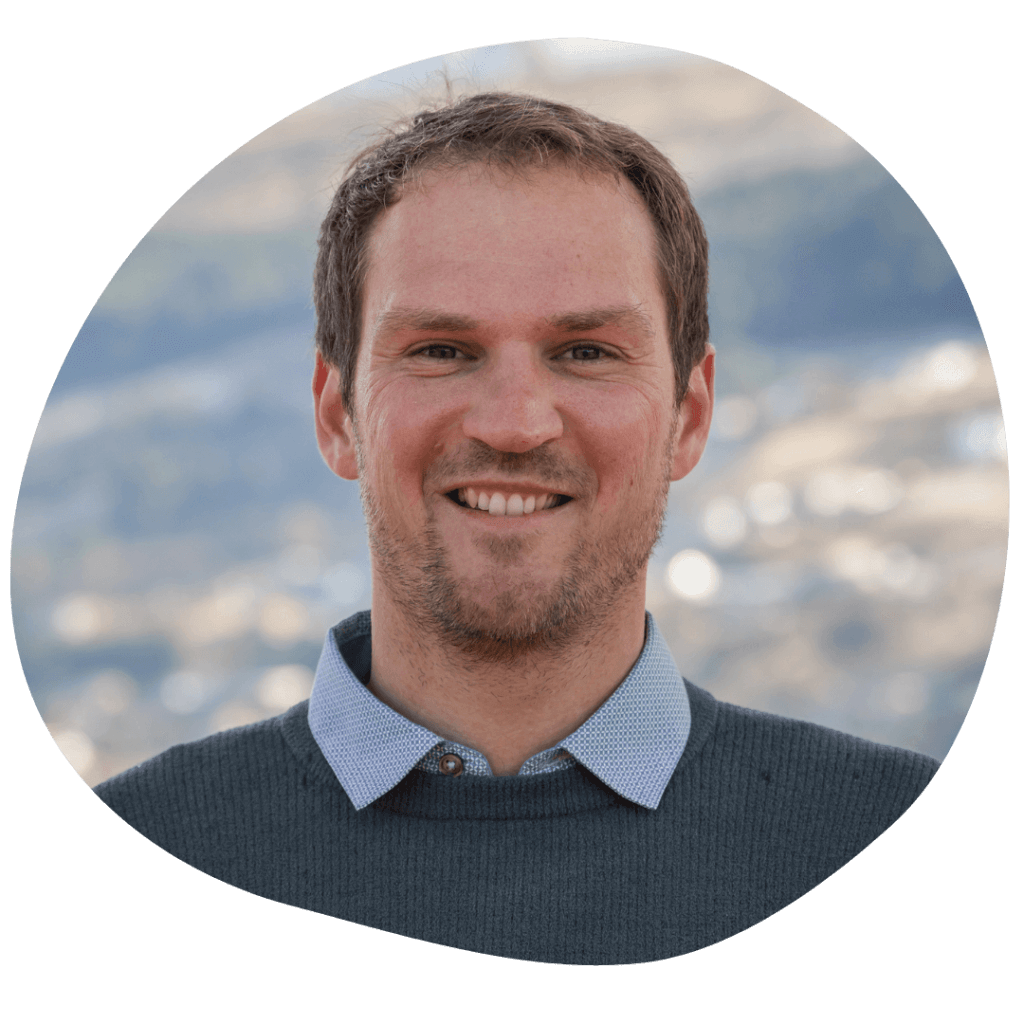Listen: Does Life Feel Like Pushing A Giant Boulder? The Myth Of Sisyphus
Have you ever had the nagging sense that something’s missing? Like a feeling of being stuck in the daily grind like a cog in a machine, unsure of the direction you’re heading? This sense of endless, monotonous struggle resonates with many today, especially when life feels like it’s about mere survival rather than truly living.
If you’ve ever experienced this, you’re not alone! This feeling is more common than you think and may be a universal part of the human experience.
To explore this further, I’d like to share a myth- a powerful tool for conveying timeless ideas through metaphors. This particular myth has captivated me since I first read it when I was young. My interpretation of this myth isn’t the only one, but I hope it offers some food for thought.

The Myth of Sisyphus
It starts with Sisyphus, a figure from Greek mythology, the king of Ephyra, who is condemned by the gods to roll a boulder up a hill, only for it to roll back down each time he nears the top, for ETERNITY. Bit of a short straw situation you might be thinking, at least you can probably quit that job you hate, right?
But Sisyphus’s punishment was a response to his arrogance, an act to humble him. You see, Sisyphus thought he could outsmart the gods, and he thought he could change the outcomes of things that were out of his control. He was cunning, and numerous times managed to cheat his circumstances.
He not only deceived Zeus, the king of all the gods, he even did the same to Thanatos, the very personification of death, thereby cheating death itself. Sisyphus tricked Thanatos into showing him how the chains that would bind him would work, and then did a good ol ‘switcheroo and chained Thanatos, probably laughing at his own cleverness as he ran off.
But it didn’t last long, he was captured again and Zeus set about to find a fitting final punishment for Sisyphus.
And so Sisyphus was tasked with rolling a massive boulder up a steep hill. However, just as he nearly reached the summit, the boulder would always roll back down to the base, forcing him to start his labour anew.
He was to do this forever, over and over again.

Are We Pushing Boulders Too?
Life often feels like an endless cycle of mundane tasks and challenges, with the universe seemingly indifferent to our efforts. We can love deeply, only to be hurt. We can work hard and do everything right, only to face setbacks. Meanwhile, others might succeed through deceit. It’s easy to feel that life is unfair and unjust. And the universe keeps rolling on, indifferent.
And yet, we all desire for things to matter in our lives, for there to be meaning in what we do, like in our relationships and our milestones we aim for. That’s why we make some birthdays more special than others, or celebrate relationship anniversaries, or build monuments and cultural icons, or just have the desire for our work to mean something, anything.
And the universe marches on, oblivious to our needs. And in all this, there’s a paradox; meaning means so much to us, and yet it’s inherently hard to point to a source. It can be a real struggle to find it in the grind of life.
Quick clarification: When we talk about meaning here, we’re not necessarily talking about religion. If you find meaning through your religious beliefs and it works for you, that’s wonderful. However, many people in Western societies today aren’t religious, and this discussion is aimed at finding meaning from a broader perspective. So when we say meaning in this post, we refer to it this general way: When what you are doing really matters to you.
Ok, back to the post.
So how do we find meaning? How do we find something within the grind of life?
Well, spend any time studying the myth of Sisyphus and you will inevitably come across Albert Camus, the 20th Century French philosopher, who offers an intriguing perspective on this through his interpretation of the myth of Sisyphus.
Camus suggests that, like Sisyphus, we all find ourselves pushing our own boulders- and this is a normal part of being human. Life can be a real struggle, and Camus was no stranger to that, enduring many of his own and living through the horrible times of World War Two.
Some of us face larger, more challenging boulders than others. Some may even feel that their boulders are more cube-like, making the task even harder. But no one escapes the burden of their own unique struggles. So if having a boulder is part of being human, it might initially seem discouraging, right? However, there’s a deeper layer to consider…

Boulder Wrestling
Sisyphus’s story isn’t just about punishment and futility. It’s also about the realisation that, despite everything being taken away, one thing remains within his control: his response to his situation.
Sisyphus could choose how to respond to his fate. Camus famously said, “One must imagine Sisyphus happy.” This suggests that, despite his endless struggle, Sisyphus finds a way to embrace his condition and derive meaning from it.
To be clear, this isn’t a shallow acceptance but rather a profound recognition of his agency in the face of absurdity.
In my view, the myth of Sisyphus teaches us that although we all face our own boulders—some self-imposed, some beyond our control—we have the power to choose our response, and oftentimes, it’s the only thing we actually have control over. This choice is the essence of being human, and through it, we create meaning in our lives.
The Shape of Our Struggle
The deeper insight here is that life’s meaning isn’t found in the absence of struggle, but in our engagement with it. The act of pushing our boulders is where we find purpose, not in spite of the struggle, but because of it.
Our struggles shape us, and our responses to them define our character.
There will be boulders that we absolutely do not want. And we don’t have to like them one bit. Yet there is also a sense of community with each other when we see that we all have them. Spend enough time connecting with someone, and you will see their boulders, and they will see yours.
This perspective invites us to embrace our challenges, recognizing that they are integral to our growth and fulfilment, and ultimately, an inescapable part of being human.
Just as Sisyphus could not control everything, because though he tried in the end he could not cheat death, we also have limits to what we can control.
But by choosing how we respond to our boulders, we exercise our autonomy and craft our own narratives. And we touch on the key ingredient to meaning…

Choice
It’s all about choice. In choosing our response, we assert our freedom and humanity. This doesn’t mean denying the difficulty of our struggles but acknowledging that within the struggle lies an opportunity for meaning-making.
It’s a radical acceptance of life’s inherent unpredictability and a commitment to live authentically despite it.
So while life can often feel like an endless cycle of pushing boulders, it’s in our response to these challenges that we find our true selves. By embracing the struggle and making conscious choices, we transform our experiences into a testament of resilience and purpose.
In the third and final movie of The Matrix trilogy, there’s a climactic battle between the hero, Neo, and the villain, Agent Smith.
Agent Smith, who has taken over everything and everyone in the Matrix and is perplexed as to why Neo keeps getting up to fight, asks him, “Why, Mr. Anderson? Why do you persist?”
Despite being battered and knowing the odds are against him and that defeat is inevitable, Neo stands and responds, “Because I choose to.“
In this way, we find purpose not despite our struggles, but through them. This is the profound lesson of Sisyphus: that in the very act of pushing our boulders, we affirm our existence and create our meaning.
So why push our boulders? Because we can choose to.





